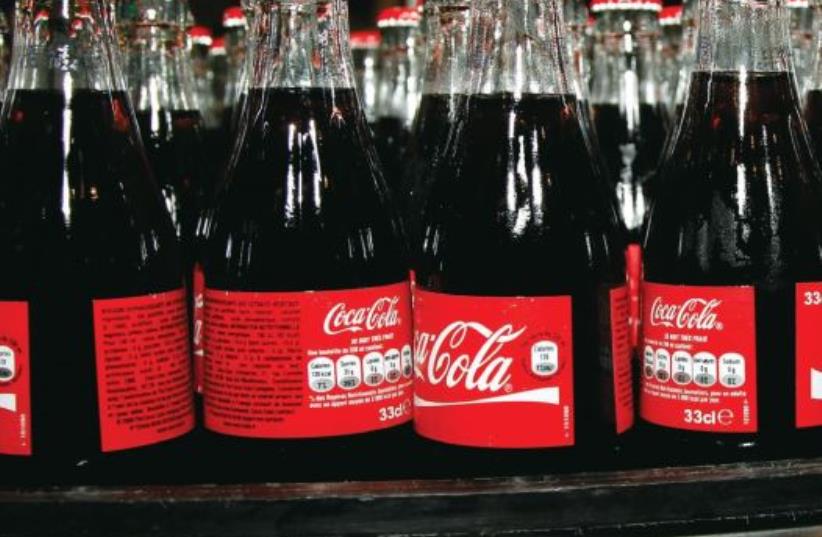A new study examining the effects of carbonated drinks on mice found that drinking Pepsi and Coke increased their testicle size and testosterone concentrations.
Yet as researchers point out, this runs counter to previous findings that found that drinking soda has a negative effect on fertility. One survey cited found that sperm quality decreased by 30% among men who drank one liter of Coke each day, while another study indicated drinks containing cola and soft drinks containing caffeine caused mice losses in the volume, count and concentration of sperm.
In preliminary studies conducted, it was found that Coke and Pepsi can reduce the mass of ovaries in mice, but the effect of carbonated drinks on testicle size hasn’t yet been studied.
The study included three groups of mice
In the current study published in Acta Endocrinologica, researchers gave the mice Pepsi, Coke or water (the control group) for 15 days. Pepsi and Coke were served alone, or as a 50% mixture with water.
In addition to the expected weight gain in mice sipping the sugary drinks, the team saw some surprising results.
The team stated that testosterone concentrations in all mice increased after they drank Pepsi and Coke and added that the results showed that high doses of Pepsi and Coke can improve amounts of the male hormone testosterone.
Also, the testicle size of the mice that drank only Pepsi or only Coke increased significantly compared to both the control group and mice that drank a cola drink diluted in water.
The team also wrote that results indicated that higher doses of cola drinks can improve the length and width of the testis, and that they encourage the growth of testicles in mice.
Yet they emphasize that it’s well known that sugary soft drinks cause multiple health problems from obesity to cardiovascular diseases, and note that more research is needed.
Researchers concluded by saying that their findings provided the scientific basis for a complete understanding of the effects of carbonated beverages and their mechanism on development and reproductive functions of humans, which are also beneficial for the prevention of prostate dysfunction and cancer.




